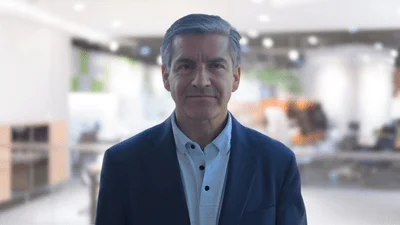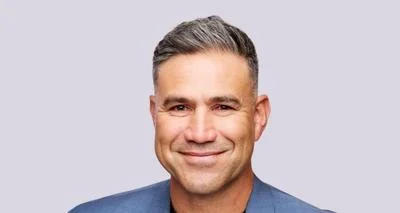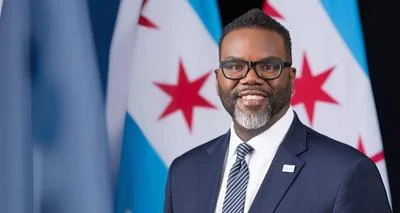boudreau | boudreau
boudreau | boudreau
A news story covering the latest in wrongful conviction complaints mimics past narratives driving earlier wrongful conviction lawsuits: bad cops beat confessions out of innocent people. But as with dozens of other news stories covering wrongful conviction complaints, the story neglects to include key facts about the case, some in direct opposition to the claims in the complaints and the story.
The case filed last week in federal court centers around the 1994 shooting death of 10-year-old Rodney Collins while riding his bike - a birthday present he received that day - on the South Side. He was caught in the crossfire of a gang fight.
The lawsuit and story in the Chicago Sun-Times tells of an elaborate scheme by detectives to frame brothers Reginald Henderson and Sean Tyler, a vendetta stemming from Tyler’s testimony for the defense in a separate shooting case. In nearly all of these wrongful conviction cases, the police, on the advice of legal counsel, do not discuss the details of the cases. In this case, one of the former detectives, Kenneth Boudreau, is talking, calling the narrative of a frame-up a “complete contrivance,” and refuting many of the key assertions in the complaints and the Sun-Times story. And he has legal documents to back him up.
The Sun-Times story citing the complaints, one filed by Henderson attorney Jennifer Bonjean and the other by Tyler attorneys Loevy & Loevy, say that Tyler, who was 17 at the time, was then taken into custody and beaten “so severely in the chest, face and eyes that he was later taken to the hospital for vomiting blood.”
The story mentions Boudreau and his partner at the time, James O’Brien.
But an investigation by the Torture Inquiry and Relief Commission (TIRC), which in 2020 in a “close case” recommended a new evidentiary hearing for Tyler, noted that the doctor who treated Tyler said that he had a history of hematemesis, the vomiting of blood caused by a stomach ulcer or severe gastritis. In addition, Tyler never told the doctor, nor any other medical professional, that his injuries were the result of police torture. And the lockup keeper at the jail said that Tyler had no outward signs of physical harm and that he never complained about police mistreatment.
What’s more, Boudreau told Chicago City Wire, was that he never interviewed Tyler – “never met him,” he said.
The TIRC report also noted that an attorney with the Exoneration Project filed an amended petition in 2008 that included a recantation from a key witness who originally identified Tyler in the shooting. The petition alleged that detectives, including James O’Brien, John Halloran and Kenneth Boudreau, had pressured the witness to identify Tyler.
But the judge in the case denied a hearing on the abuse claims, in part finding the theory against O’Brien, Halloran and Boudreau “pure speculation.”
The Sun-Times report also said that the reason police targeted Tyler and his brother was because Tyler had testified for the defense in the case of 13-year-old Marcus Wiggins, “who claimed he confessed to a 1991 murder after he was beaten and shocked by the two detectives…”
Boudreau said that he never interviewed Wiggins and that Wiggins never accused him of torture.
In 2015, an appellate court affirmed a trial court’s denial of all Tyler’s claims except the reversal “for the limited purpose of requiring the trial court to conduct a third-stage evidentiary hearing on defendant’s coerced confession claims.”
“It is crucial to consider the claims of a systemic pattern of abuse in the context of several officers working together to obtain a false confession in the case at bar,” the court wrote.
Many of the claims stem from the conviction of former Commander Jon Burge (now deceased) in 2010 on charges of obstruction of justice and perjury surrounding allegation that he tortured suspects.
Any detective with any prior association with Burge has become a target for lawsuits. The police call it “getting Burged.”
The Henderson complaint refers to Burge as Boudreau’s and O’Brien’s “boss (and idol).”
Boudreau scoffs at the suggestion that Burge was his idol; he worked under him for a few months in the early 1990s and never worked a case with him.
As example, Boudreau notes that in a now infamous case, the “Englewood Four,” where in 2019 three of the four were awarded million of dollars in settlements for false convictions, Boudreau’s name runs all through the complaints, but was never once mentioned in the depositions of the four suspects.
Earlier this year, a judge rejected both Tyler’s and Henderson’s requests for Certificates of Innocence.





 Alerts Sign-up
Alerts Sign-up